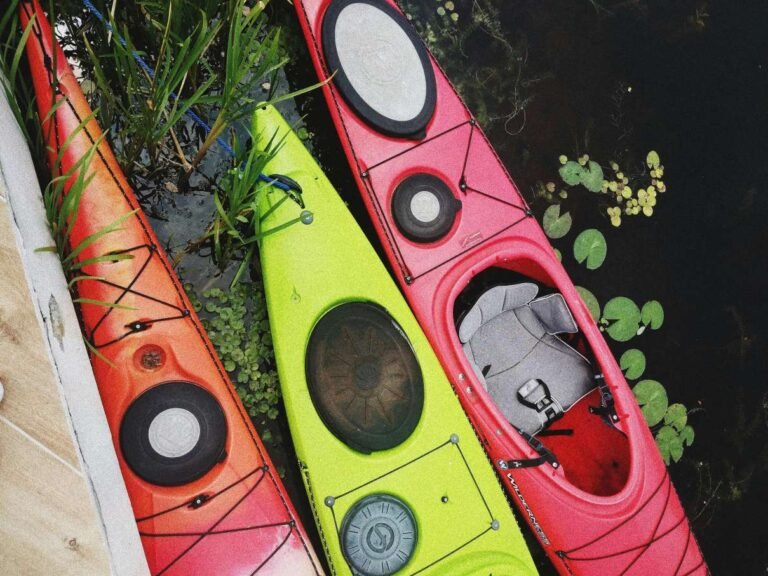
DO YOU HAVE TO HAVE A LICENSE FOR A KAYAK?
Kayaking is a fun way to explore nature. It can be exciting and relaxing at the same time.
You can paddle on rivers, lakes, and coastal waters. But before you hit the water, you might be wondering: “Do you have to have a license for a kayak?” It’s important to know the local regulations so you can paddle without any legal issues.
UNDERSTANDING KAYAK LICENSING REQUIREMENTS

Federal Regulations
In the United States, the federal government does not mandate a license specifically for kayaking. However, the U.S. Coast Guard does have regulations that kayakers must follow. These regulations primarily focus on safety equipment and boating rules.
State-Specific Rules
While federal law doesn’t require a kayak license, state laws can vary significantly. Some states might have specific requirements for kayaking, especially if you’re using a motorized kayak. It’s essential to check the local regulations of the state where you plan to kayak.
Safety Equipment Mandated by the Coast Guard

Personal Flotation Devices (PFDs)
One of the primary requirements set by the Coast Guard is the use of personal flotation devices. Every person on a kayak must have a properly fitting PFD. This rule applies to both adults and children and is crucial for ensuring safety on the water.
Sound-Producing Devices
Kayaks must also carry a whistle or horn to signal other boats. This is particularly important in areas with heavy boat traffic, where kayaks might be less visible to larger vessels.
Boating Lights for Kayaking
If you kayak at night, you need a white light to avoid accidents. This could be a flashlight or a lantern, as long as it is visible from all directions.
State Licensing for Motorized Kayaks

Registration Requirements
Some states require registration for kayaks equipped with a motor, even a small one. Registering a kayak is like registering a motorboat. You pay a fee and display a registration number on your kayak.
Safety Courses
Certain states require individuals operating motorized kayaks to complete a boating safety course. This ensures that all operators understand the basic rules of navigation and safety procedures.
Licensing for Kayak Fishing
If you’re using your kayak for fishing, you may need additional licenses, such as a fishing license. The state’s wildlife department typically issues these licenses, and they are necessary for both freshwater and saltwater fishing.
International Kayaking Regulations
If you’re planning to kayak outside the United States, be aware that other countries have their own regulations. Some countries may require a license or permit, even for non-motorized kayaks. Always check the local laws before you travel.
Why It’s Important to Follow Regulations

Ensuring Safety
Regulations are in place to ensure the safety of all water users. By following these rules, you help protect yourself and others from potential accidents.
Avoiding Fines
Failure to comply with kayaking regulations can result in fines or other penalties. Being informed and prepared is always the best way to avoid any legal issues.
Conclusion
So, do you have to have a license for a kayak? In most cases, the answer is no, particularly for non-motorized kayaks. It is important to know and follow federal and state rules, especially for safety gear and registering motorized kayaks. By doing so, you can ensure a safe and enjoyable kayaking experience.
FAQs
Do I need a license for a non-motorized kayak?
Generally, you do not need a license for non-motorized kayaks.
What safety equipment does the Coast Guard require for kayaks?
You must have personal flotation devices and a sound-producing device like a whistle or horn.
Do I need to register my kayak if it has a motor?
Most states require registration for motorized kayaks.
Are there specific kayaking rules I should follow in different states?
Yes, regulations can vary by state, so it’s important to check local laws before kayaking.
Do international kayaking regulations differ from those in the U.S.?
Yes, other countries may have different rules for kayaking compared to the U.S. These rules could include requirements such as obtaining a license or permit. Always check local laws when kayaking abroad.




